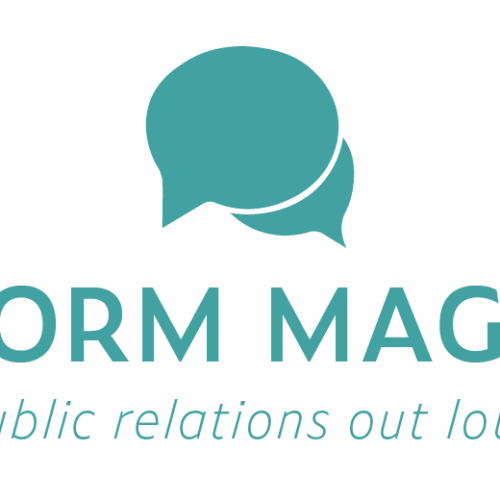A Blog Eat Blog World
Posted At: April 12, 2007 10:22 AM
by Ross Reddick
There’s that letter again. It seems as though every time we turn around, someone puts an “e” in front of a word to make a clever business move: eBanking, eCommerce, eNews, eGames, eTrading, eLearning, eMarketing. That’s eNough.
Like it or not, our second vowel is quickly becoming the most powerful letter in the world.
In case you haven’t noticed, Internet technology is sweeping all realms of business and pleasure. At no time in history has the layperson been able to reach the masses so easily and efficiently. Soccer moms have Web sites, ministers have blogs and Grandma’s mailbox isn’t at the street anymore.
As students and professionals devoted to the ethical practice of public relations, we have been slow to create an ethical code that would preside over electronic communications specifically. Sure we have obligations to legal definitions of copyright infringement; we have even developed an excellent Code of Ethics for the field (PRSA). But let’s face it: no one is policing the chat rooms, news forums or the endless layers of the blogosphere. If we are bound by the idea that transparency is one of the many keys to a successful and efficient public relations career, then surely there are some guidelines to be followed when we venture onto the Web to communicate.
Thankfully, we aren’t the only ones concerned with this emerging topic. Some brief scouting online will yield several ongoing discussions about the ethics of blogging—just one of the many arenas of online communication that might benefit from an ethical code of sorts.
Philip Young, a professor at the University of Sunderland and former North East Journalist of the Year, says that as PR practitioners weigh ethical decisions about blogs, it might help to understand which type of blog it is. Understanding how people view that particular blog could help delineate the line between corporate communication and personal communication.
“Much debate centres on the importance of labeling, of clearly identifying who is saying what on whose behalf and for what purpose…” Young writes in his online article, “Why ethical PR bloggers can’t tell the truth.”
He continues, “This is a tricky area, not least in distinguishing what might be considered an official blog. My own blog, “Mediations,” focuses on journalism, public relations and media ethics, the subjects I teach at the University of Sunderland – but it is not an official Sunderland blog, and I neither hide nor promote the connection. I would say it is a ‘legitimate’ blog – certainly not a ‘fake blog’ – but guidelines that would clearly distinguish one from the other are hard to delineate. Certainly it falls into the category of self-promotion, but is it semi-official?”
Basically the question is one of purpose. If the purpose of your blog is to promote your company, that type of communication should be monitored just as a press release, VNR or media kit would. But, if you’re at home and decide to post a negative message using information from your company, there seems to be some ethical issue. Where is the line between corporate communication and personal communication? Where is this line in a field whose livelihood is based on the efficient use of time? Let’s face it, in this field the clock has blurred the line between your professional self and your personal self. And, the question of ethical blogging just happens to be a side effect of not knowing when we’re our organization, and when we’re not.
The question then becomes one for the industry: should guidelines be made about blogs, or should we stay away from blogs due to their inherent anonymity, a common foe of transparency?
“It may well be the case that blogging offers PR an opportunity to move further towards openness and transparency, but these laudable concepts remain aspirational goals and not achievable ends, so don’t claim them as such,” writes Young.


